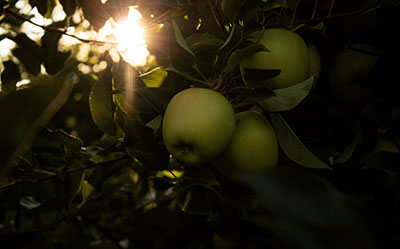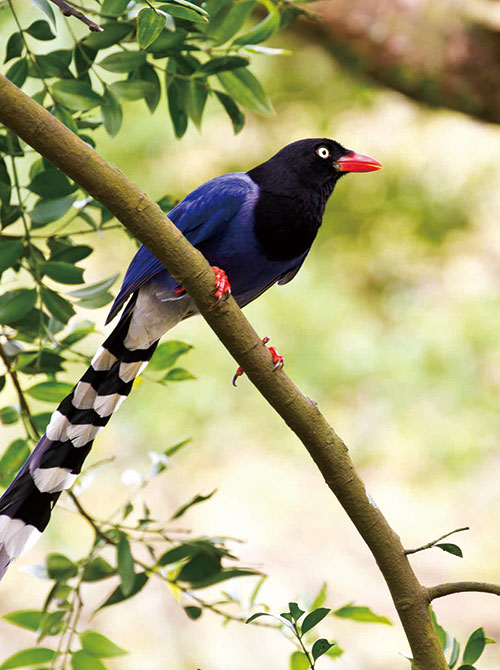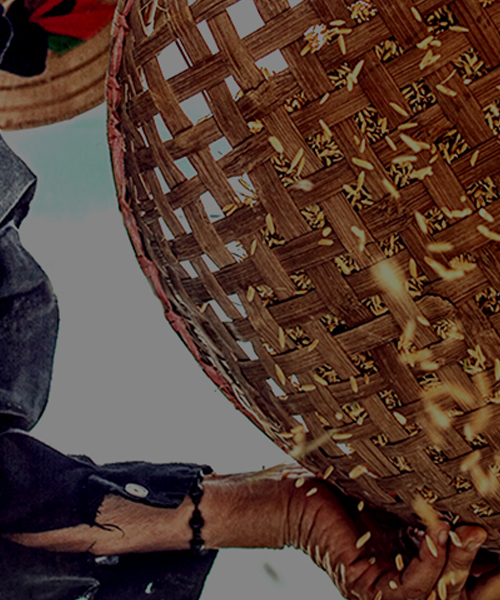Taiwan Organic jujube’s domestic and international markets
- 2020-04-07
- 2020-04-07
- / 2141 Views
- /


Taiwan is a land of fruits, where numerous fruits are available all year round. Farmers’ experience and technique improvement make it possible to harvest many fruits in all seasons. On the other hand, some fruits are still seasonal. For example, strawberries, jujubes and citrus can be enjoyed in the winter. Jujubes, regarded as “Taiwan Green Apples”, look appealing on the market for their smooth and glowing skin. They are also popular gifts because they can be easily packed and transported on the domestic and international markets.
Taiwanese farmers started to cultivate jujubes under the Japanese colonial rule. After years of breeding and improving cultivation techniques, jujubes have became an important commercial crop in the southern Taiwan. The main production areas are located in Pingtung, Kaohsiung, Tainan, Jiayi, Changhua, and Taitung. Jujubes from Kaohsiung often receive great review in the national evaluations. To prevent thefts from stealing this expensive fruit, a team of “Jujube Guard” is set up to patrol in the cultivation areas in Kaohsiung.
Fruit for the Future Research Center has listed jujube as an important fruit with great potential. Taiwan has various varieties, edge-cutting cultivation techniques, and high quality produce so is playing a leading role in many important researches of jujubes. The sales of jujubes on domestic and international markets is so huge that Kaohsiung District Agricultural Research and Extension Station devotes itself to the breeding of new jujube varieties. A new variety with good adaptability to climate change, resistance to diseases and pests or increased yield can be available on the market every two or three years.
The varieties of Indian jujubes are usually named by their characteristics.
Honey jujube: This variety has the biggest market share and is preferred by many consumers.
Kaolang 3: This variety has a longer oval shape and firmer texture. Some consumers may think it is not as sweet as honey jujubes.
Golden Honey Jujube: This yellow variety has a round pointed- head with a small spot. Enjoy a crisp bite and sweet flesh.
Kaohsiung 8 (Treasure): Kaohsiung District Agricultural Research and Extension Station released this variety in 2011.
Kaohsiung 11 (Treasure): Kaohsiung District Agricultural Research and Extension Station released this variety in 2013. Its big fruit size and sweet juicy taste are very different from that of popular varieties, Zhong-Yue (中葉) and Sanmu (三木). This big-sized fruit looks like sweet persimmons and has high sugar content of 12-15 degree Brix. Besides, high yield and long shelf time are also advantages of this variety.
Kaohsiung 12 (Treasure): This variety was released by Kaohsiung District Agricultural Research and Extension Station in 2017 and won the first prize in 2018 national evaluation. Furthermore, it received great review in Japan food exhibition and also entered the Muslim market after receiving Halal certification in 2018. The annual sales amount has reached 900 millions NTD.
Tainung 12 (Water honey): Fengshan Tropical Horticultural Experiment Branch spent 10 years to improve the variety “Snow Honey” and released Tainung 12 (Water honey) in 2017. This tender and juicy fruit tastes like Asian pear. Three typhoons in 2016 may have made the harvesting season one month late but the yield was not seriously influenced because of its strong resistance to natural disasters.
Organic farmers cultivate jujubes with physical interventions and weed control. They spend a lot of time on thinning fruits and catching insects. To maintain the ecological balance on the farms, they use non-chemical application. The production season and volumes can be controlled by dispensing pollen according to characteristics of jujube growth.
Different varieties of jujubes can be harvested in turns from January to April. Winter is the best season to enjoy crisp and sweet jujubes.
------------------------------------------------------------------------------
參考引用文章:
棗之健康管理
http://ir.tari.gov.tw:8080/bitstream/345210000/6586/2/no181-9.pdf
台灣水果旅行
https://ezgo.coa.gov.tw/Fruit/TW/Seasonfruits_Jujube
蜜棗進軍中東
https://news.ltn.com.tw/news/life/breakingnews/2346052
珍蜜的故事
https://www.coa.gov.tw/ws.php?id=2501357
水蜜報導
https://news.ltn.com.tw/news/local/paper/1097482
警察局成立護棗專案
https://www.chinatimes.com/realtimenews/20140121005459-260402?chdtv




